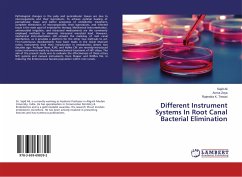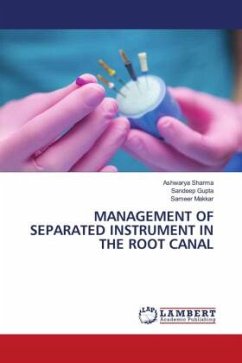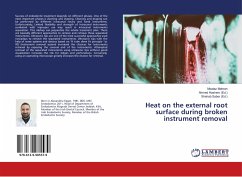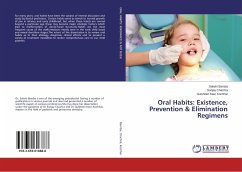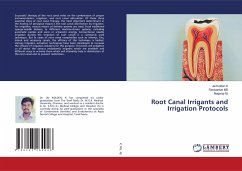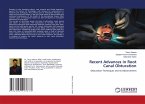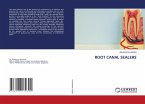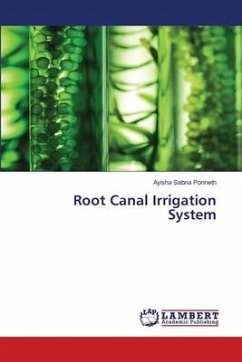Pathological changes in the pulp and periradicular tissues are due to microorganisms and their byproducts. To achieve optimal healing of periradicular tissue and better prognosis of endodontic treatment, complete elimination of microorganisms, their byproducts, and infected tissue is the main goal of endodontic therapy. Mechanical instrumentation, antimicrobial irrigation, and intracanal medicaments are the commonly-employed methods to eliminate intracanal microbial load. However, mechanical instrumentation still remains the mainstay of root canal disinfection, as it provides a platform for the other two methods to act. The Continuous developments have been made in the nickel titanium rotary instruments since their introduction in endodontics almost two decades ago. ProTaper Next, K3XF, and Hyflex CM are recently-introduced rotary instruments made by thermomechanical treatment of NiTi alloys. The aim of the present study was to evaluate the effectiveness of these rotary NiTi systems and manual instruments, Hero Shaper and Nitiflex file, in reducing the Enterococcus faecalis population within root canals.
Bitte wählen Sie Ihr Anliegen aus.
Rechnungen
Retourenschein anfordern
Bestellstatus
Storno

